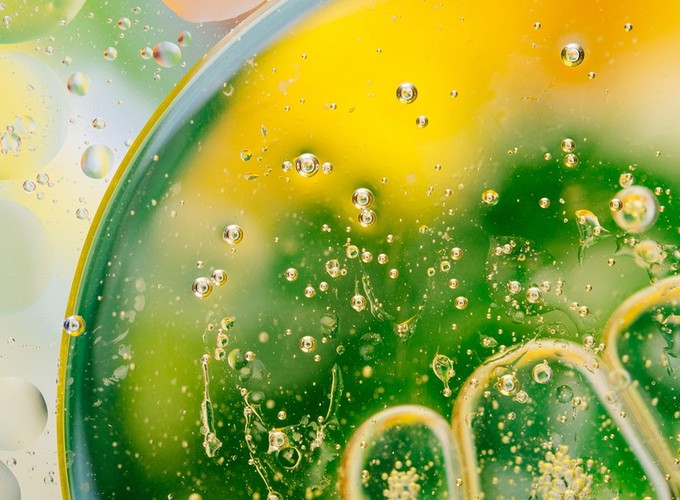Selective conversion of bio-oil to light olefins - controlling catalytic cracking for maximum olefins
 Image credit: Unsplash
Image credit: Unsplash
Selective conversion of bio-oil to light olefins - controlling catalytic cracking for maximum olefins
Abstract
Light olefins are the basic building blocks for the petrochemical industry. In this work, selective production of light olefins from catalytic cracking of bio-oil was performed by using the La/HZSM-5 catalyst. With a nearly complete conversion of bio-oil, the maximum yield reached 0.28 ± 0.02 kg olefins/(kg bio-oil), which was close to that from methanol. Addition of La into zeolite efficiently changed the total acid amount of HZSM-5, especially the acid distribution among the strong, medium and weak acid sites. A moderate increase of the number of the medium acid sites effectively enhanced the olefins selectivity and improved the catalyst stability. The comparison between the catalytic cracking and pyrolysis of bio-oil was studied. The mechanism of the conversion of bio-oil to light olefins was also discussed.